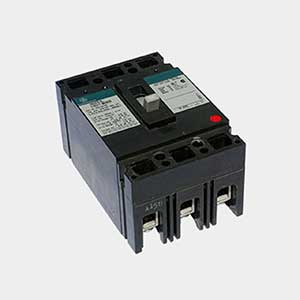Hot water heaters are an essential component of every household. They ensure a steady supply of hot water for various purposes like bathing, washing dishes, and doing laundry. However, if not properly maintained, hot water heaters can become a fire hazard, leading to devastating consequences. In this article, we will discuss the importance of regular maintenance in preventing hot water heater fire and keeping your household safe.
Understanding the Causes of Hot Water Heater Fires
Hot water heaters use a fuel source, such as gas or electricity, to heat water stored in a tank. Over time, sediment and mineral buildup can occur at the bottom of the tank, causing it to corrode and weaken. This weakening can lead to cracks or leaks in the tank, which can ultimately result in a fire.
Another common cause of hot water heater fires is improper installation. If the water heater is not installed correctly, it can lead to gas or water leaks, which can cause fires or explosions. It is important to ensure that only licensed professionals install hot water heaters, as they have the necessary expertise to install and maintain them safely.
Importance of Regular Maintenance
Regular maintenance of hot water heaters is critical in preventing fires. It ensures that any potential hazards are identified and addressed before they escalate into bigger problems. Here are some of the maintenance tasks that should be performed on a regular basis:
- Flushing the Tank: Over time, sediment and mineral buildup can accumulate at the bottom of the tank, causing corrosion and weakening of the tank. Flushing the tank once a year can prevent sediment buildup and prolong its life of the tank.
- Inspecting the Anode Rod: The anode rod is a sacrificial rod that protects the tank from corrosion. It should be inspected every two to three years and replaced if it is corroded or worn out.
- Checking the Pressure Relief Valve: The pressure relief valve is a safety device that releases pressure from the tank if it becomes too high. It should be checked annually to ensure it is functioning properly.
- Inspecting the Venting System: The venting system removes toxic gases, such as carbon monoxide, from the water heater. It should be inspected annually to ensure it is clear of debris and functioning correctly.
- Checking for Leaks: Leaks can lead to water damage and, if left unaddressed, can result in fires. It is important to check for leaks around the water heater and fix them immediately.
By performing these maintenance tasks regularly, you can identify any potential hazards and address them before they become bigger problems.
Other Precautions to Take
- In addition to regular maintenance, there are other precautions that you can take to prevent hot water heater fires. Here are some tips:
- Install a Smoke Detector: Install a smoke detector near the water heater to ensure that you are alerted in case of a fire.
- Keep Flammable Materials Away: Keep flammable materials like paper, cardboard, and gasoline away from the water heater to prevent fires.
- Install a Drip Pan: Install a drip pan underneath the water heater to catch any leaks or spills, preventing water damage and potential fires.
- Install a Carbon Monoxide Detector: If you have a gas water heater, it is important to install a carbon monoxide detector to ensure that you are alerted in case of a gas leak.
Conclusion
Hot water heater fires can be devastating, but they can be prevented through regular maintenance and taking precautions. By performing regular maintenance tasks like flushing the tank, inspecting the anode rod, and checking the pressure relief valve, you can identify potential hazards and address them before they escalate into bigger problems. In addition, installing smoke and carbon monoxide detectors, keeping flammable materials away, and installing a drip pan can all contribute to





